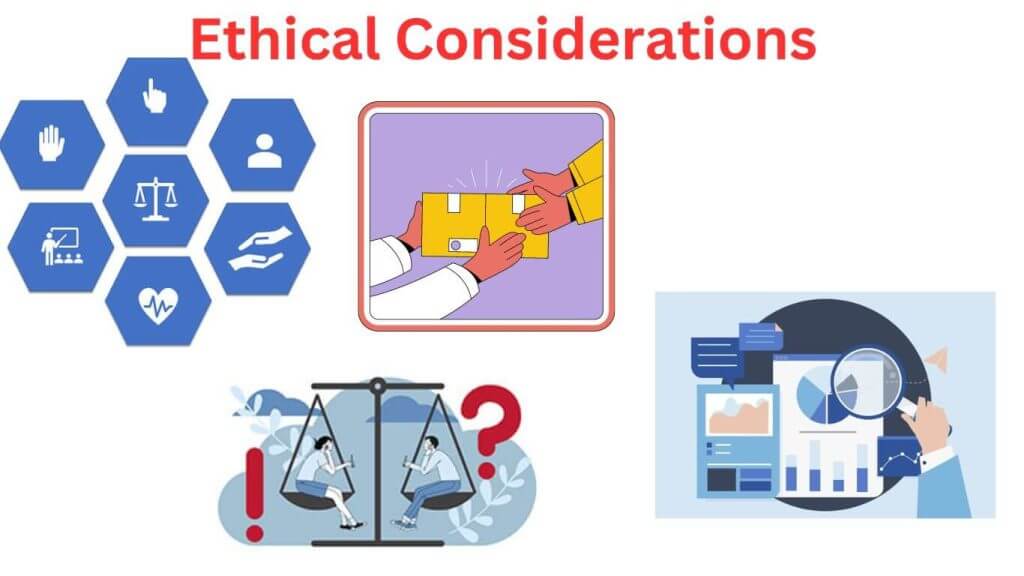Ethical Recruitment of Hiring Processes
Ethical Considerations in Recruitment
Recruitment isn’t just about filling positions; it’s about building a team that reflects the values and principles of an organization. Ethical considerations in recruitment go beyond legal obligations, encompassing moral and social responsibilities.
The Importance of Ethical Recruitment
Ethical recruitment is fundamental for fostering trust, loyalty, and a positive employer brand. It establishes the groundwork for a healthy employer-employee relationship, contributing to long-term organizational success.
Legal Frameworks in Recruitment
Understanding Anti-Discrimination Laws
Anti-discrimination laws are the cornerstone of ethical recruitment. Understanding and adhering to these laws ensures that the hiring process is fair and free from bias.
Read more: Marketing for Recruitment: Bringing in Talent in the Digital Era
Navigating Equal Opportunity Employment
Promoting equal opportunity employment not only aligns with ethical principles but also enhances diversity within the workforce, fostering creativity and innovation.
Transparency in Job Postings
Transparency starts with job postings. Clearly outlining job responsibilities, qualifications, and expectations sets the stage for an honest and informed application process.
Fair Selection Processes
The Role of Unbiased Interviewing
Conducting interviews without bias is crucial for fair evaluations. Implementing standardized interview questions helps eliminate subjective judgments.
Assessing Skills and Qualifications
Ethical recruiters focus on assessing candidates based on their skills and qualifications, avoiding irrelevant personal information that may lead to discrimination.
Handling Candidate Information Confidentiality
Respecting candidate privacy is paramount. Ethical recruiters safeguard sensitive candidate information and refrain from sharing it without consent.
Avoiding Nepotism and Favoritism
Fairness is compromised when decisions are influenced by personal relationships. Ethical recruitment demands unbiased assessments, free from nepotism and favoritism.
Diversity and Inclusion Initiatives
Creating an Inclusive Workplace Culture
Promoting diversity isn’t just a checkbox; it’s a commitment to creating an inclusive workplace culture where every employee feels valued.
Overcoming Unconscious Bias
Unconscious bias can seep into recruitment processes. Ethical recruiters actively work to identify and overcome these biases to ensure fair evaluations.
Ethical Onboarding and Employee Treatment
Ethical considerations extend beyond the hiring process. Treating employees ethically from onboarding onward builds a foundation of trust and loyalty.
Balancing Employer and Candidate Interests
Honesty in Job Descriptions
Ethical recruiters provide accurate job descriptions, avoiding embellishments that may mislead candidates about the role.
Realistic Salary Expectations
Transparent salary discussions uphold the ethical principle of fairness, ensuring candidates have realistic expectations from the outset.
Monitoring Ethical Practices
Establishing mechanisms to monitor and evaluate recruitment processes helps organizations stay committed to ethical practices.
Consequences of Unethical Recruitment
Unethical recruitment can lead to legal consequences, damage to the employer brand, and a toxic work culture. Understanding these repercussions reinforces the importance of ethical considerations.
Case Studies on Ethical Recruitment
Exploring real-world case studies provides valuable insights into the positive outcomes of ethical recruitment practices.
Continuous Training on Ethical Standards
Organizations must invest in ongoing training to keep recruitment teams updated on ethical standards and best practices.
Ethical Recruitment Conclusion
Ethical Recruitment isn’t just a compliance requirement; it’s a strategic imperative. Embracing ethical considerations not only aligns with societal expectations but also contributes to organizational success and sustainability.

